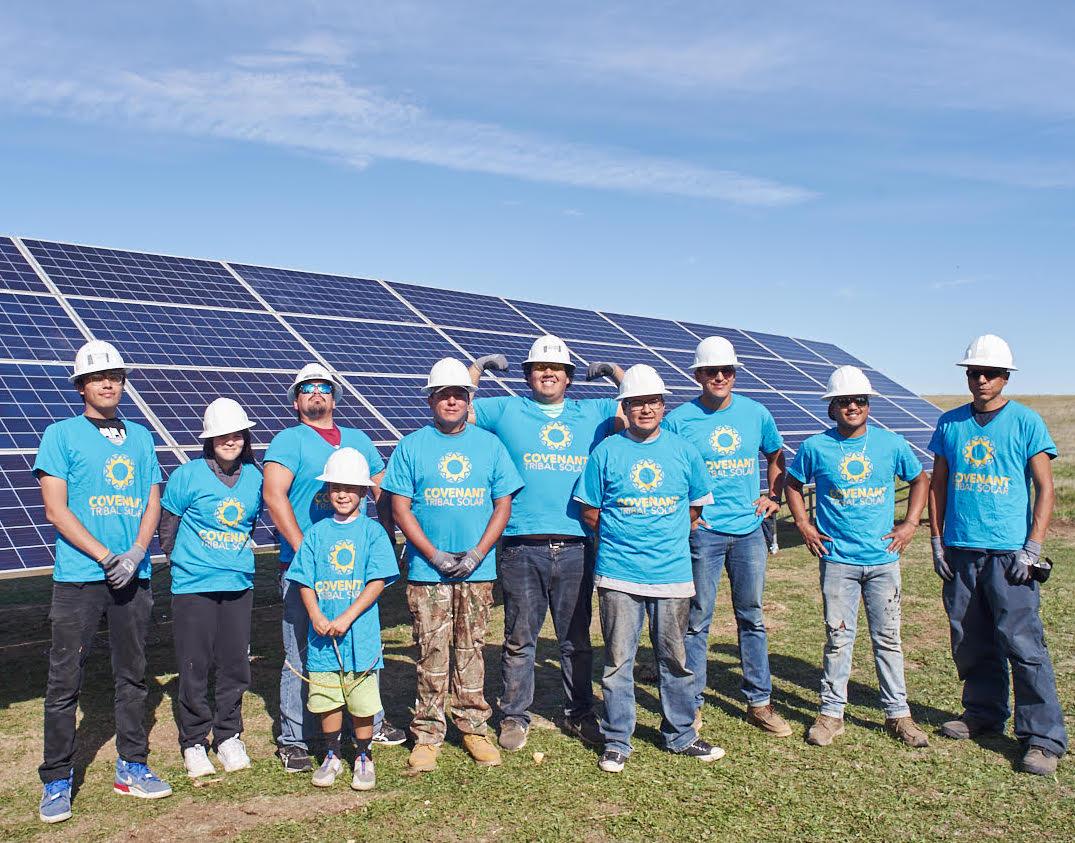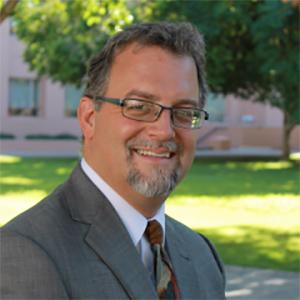Wednesday, January 19, 2022, 1:15- 2:45 pm EST

Energy Democracy:
One of the unique opportunities from decarbonization is to reorganize the energy system to empower, support, and benefit communities. How can we achieve that goal? How do we create space for communities to imagine and contribute to debates about energy futures and find ways to diversify ownership of energy? How can we scale programs for national impact? (photo credit: Sarah Yeoman)
Making 100% clean energy by 2035 accessible:
In October 2021, Secretary of Energy Jennifer Granholm announced a new target for the National Community Solar Partnership (NCSP) to enable community solar systems to power the equivalent of five million households by 2025, creating $1 billion in energy bill savings. These new NCSP milestones support the Biden-Harris Administration’s goals to achieve 100% clean electricity by 2035 and ensure that renewable energy benefits – including meaningful results like community wealth-building and resiliency – are accessible to all Americans.
7x Increase in household solar capacity in 4 years:
Currently, there is enough community solar installed in the U.S. to power 600,000 households. Achieving this new target will mean an increase in community solar deployment of more than 700% in the next four years. It will also mean more Americans have access to meaningful energy cost savings, clean energy jobs, and a more equitable clean energy transition. This ambitious target is achievable but requires many solutions and partners.
Hear an important conversation focused on forward-thinking solutions sponsored by ASU LightWorks, and bring your questions.
Meet the Panel
 Clark Miller, Moderator Clark Miller, ModeratorProfessor and Director of the Center for Energy & Society, College of Global Futures, ASU Clark’s research interests focus on science, technology & globalization. He writes about the design and critical analysis of knowledge systems in support of US and global policymaking, about the governance challenges posed by new and emerging technologies, and about the social sustainability of transitions in complex, large-scale, socio-technological systems. He has published numerous books and articles and currently leads a major research effort focused on the social drivers, dynamics, and consequences of energy system change. He leads research initiatives in the Quantum Energy and Sustainable Solar Technologies Engineering Research Center, the Person-Centered Technologies and Practices for Individuals with Disabilities IGERT, the US-Pakistan Centers for Advanced Studies in Energy, and the Urban Resilience to Extremes Sustainability Research Network. |
 Chéri Smith Founder & CEO Indigenized Energy Initiative (formerly Covenant Tribal Solar Initiative) Ms. Smith works to eradicate energy poverty in indigenous American communities through solar capacity building, entrepreneurship. and education. A descendant of the Mi’Kmaq tribe of Maine/Canadian Maritimes, Ms. Smith has made it her life’s work to deploy this expertise for the benefit of indigenous American communities.Previously, at Tesla-SolarCity, Ms. Smith coordinated stakeholders and training to employ 6,500 new clean energy workers. |  Emily Schapira President & CEO, Board Member, Ex Officio Philadelphia Energy Authority Emily led a $1 billion, 10-year initiative to advance energy efficiency and clean energy across Philadelphia while creating over 10,000 jobs. Prior, Emily was Director of Global Accounts for Lighting at WESCO Distribution with a focus on developing portfolio-wide energy-efficient lighting upgrades. She has also worked on sustainability for Verizon and Intel, and started and ran the Wharton School’s Sustainability Program at UPenn. |  Cecilio Ortiz-Garcia, PhD Professor and Chair, Public Affairs and Security, University of Texas-Rio Grande Valley, (UTRGV) Prof. Ortiz-Garcia’s research includes the social acceptance of energy technologies, energy governance, and justice issues in post-disaster recovery and reconstruction processes, and most recently the role of universities in extreme operating conditions towards community resilience. He is also the co-founder of INESI, the National Institute for Energy and Island Sustainability, and a member of the RISE Network (Resilience through Innovation in Sustainable Energy. |
